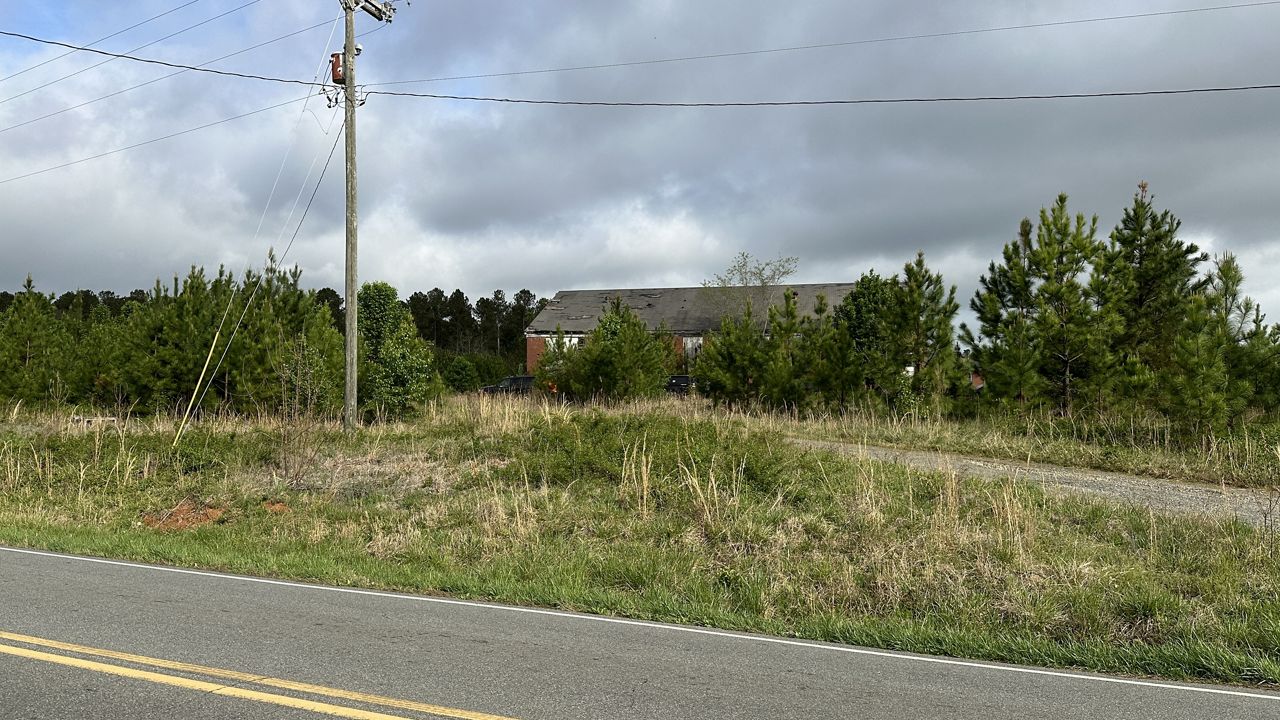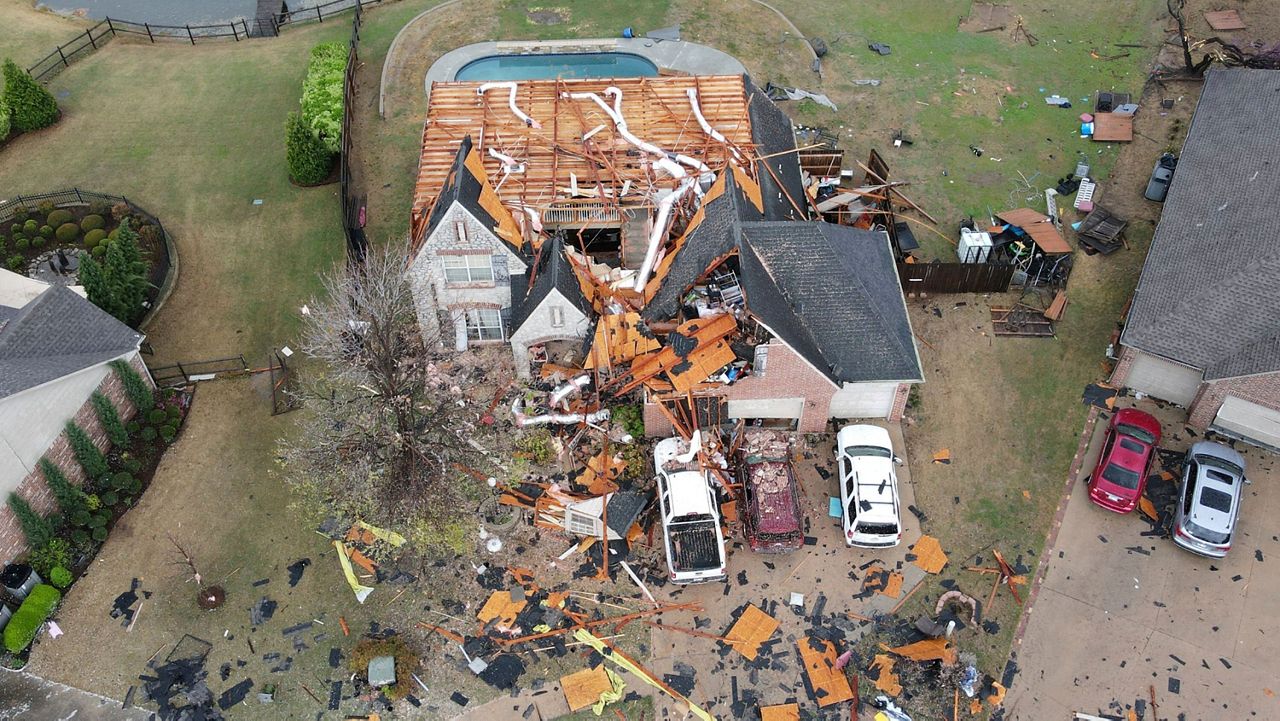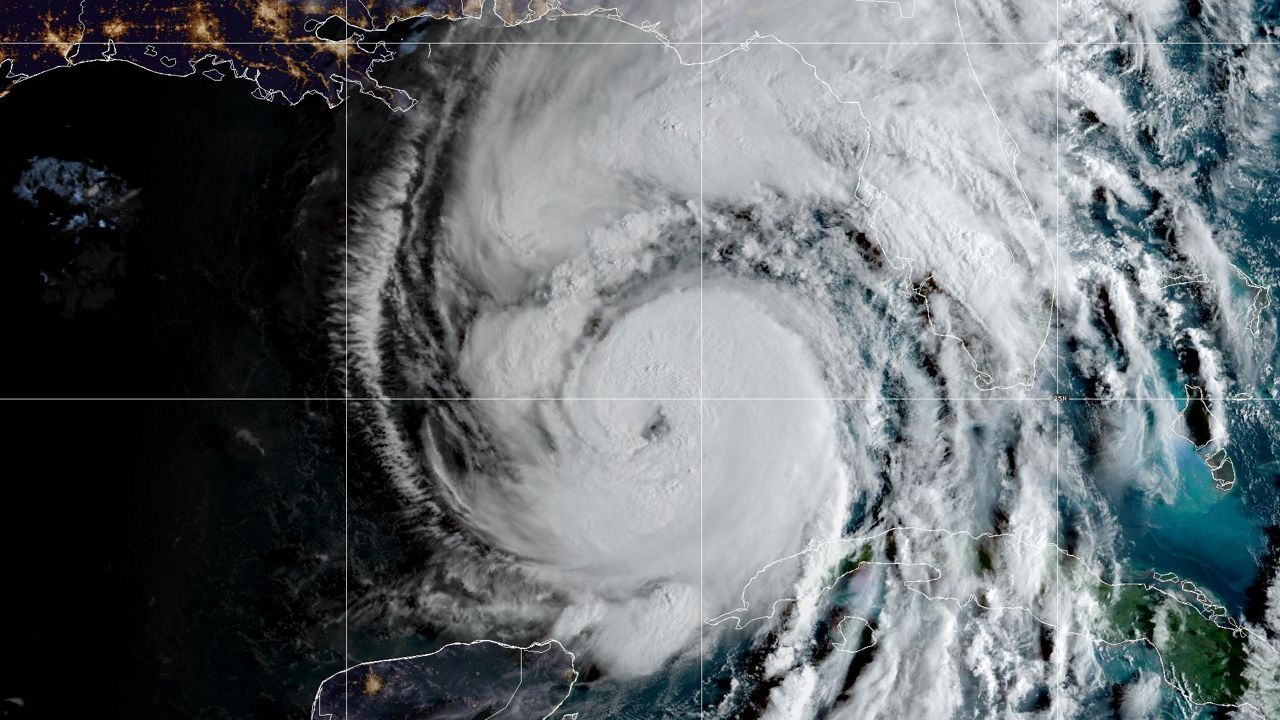GOLDSBORO, N.C. — For hundreds of years, agriculture has been a staple of the North Carolina economy.
It brings in almost $96 billion to the state’s economy and puts food on tables across the country.
Dr. Alex Woodley is part of a team of researchers working with the Center for Environmental Farming Systems, making sure climate change doesn’t cripple the industry in years to come.
“Just doing the status quo probably won’t cut it. May cut it for another decade or so, but after that you’re really going to be, you’re really going to start feeling the pain I think with some of these climate factors,” Woodley said.
Woodley is an assistant professor at N.C. State University and focuses on soil management. His work is to make sure the soil is healthy and can support crops.
It’s one of several ways the research teams are finding ways to move agriculture into a sustainable future.
“We have researchers looking at salt-tolerant soybeans. So, even if your land is damaged, can we kind of pivot and adapt and still grow crops in that land,” Woodley said.
The Environmental Protection Agency defines climate change as any significant change in the climate that lasts for an extended period of time. Changes in temperature, rain and wind patterns all fall under that, and all impact farmers.
“Projected, there’s going to be more projected droughts because of higher heat, and so over the course of the year maybe there’s not less rain occurring, but the rain is now distributed more unevenly right?” Woodley said. “You get more extreme rain, and then in between those rain events, it’s going to be warmer, and so you’re going to have drier conditions.”
Woodley says agriculture has gotten a bad reputation when it comes to greenhouse gases, but that it has a huge potential to play moving forward. The goal isn’t to blame agriculture for climate change, but to instead work with the system.
And by taking the steps before they’re needed, Woodley hopes farmers won’t bear the brunt of climate change in the coming years.
“So this allows us to kind of test run different techniques, so when we need to pivot and adapt, it’s not, the farmers aren’t kind of learning by trial and error, which can be really, margins are already thin in terms of profits, and so we want them to be able to adapt profitably as well as sustainable," Woodley said.










